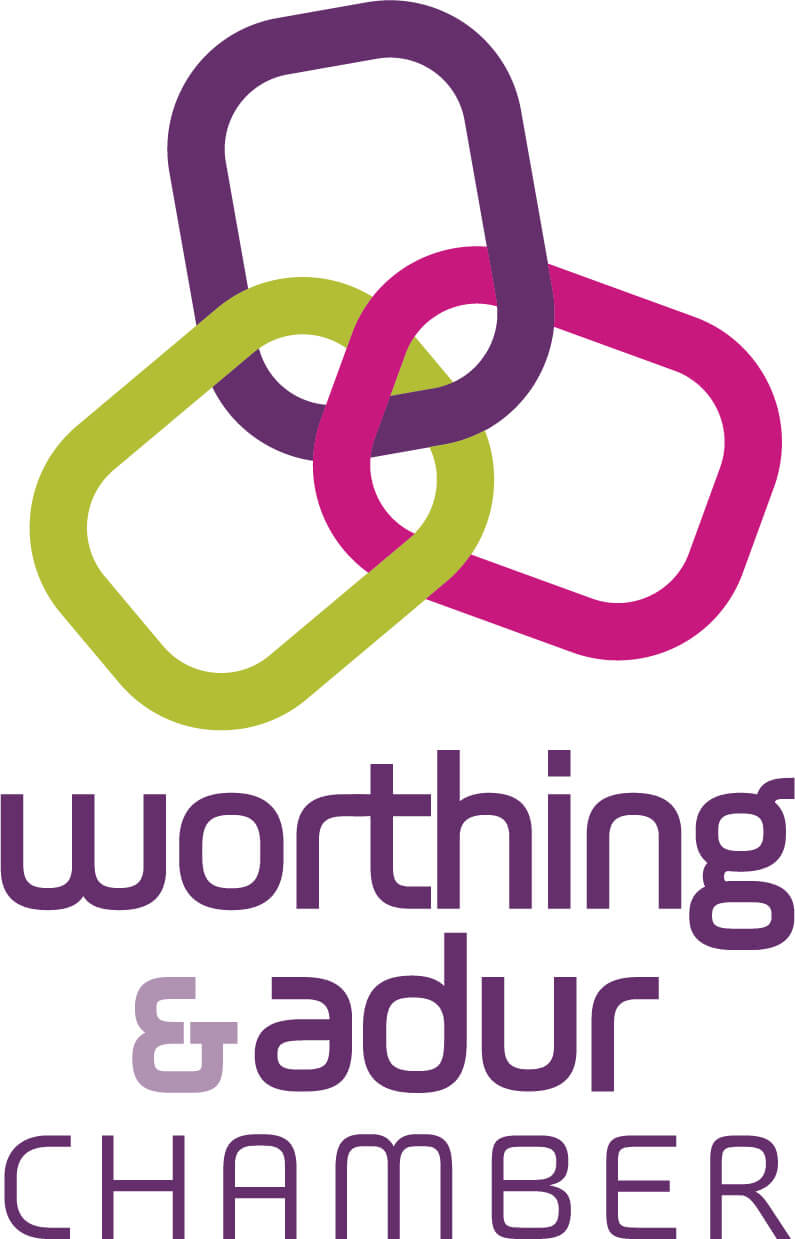Welcome to Worthing & Adur Chamber
|
Improving your sustainability |
Being sustainable not only helps protect the environment but also enhances brand reputation and saves costs in the long run. Values: To encourage a culture work as a team to come up with 3-4 values that your business would like to follow in your sustainability journey such as reducing carbon, improving bio diversity, reduce waste, look after people. We have used People, Planet, Profit as a triple bottom line.
1. Conduct a sustainability audit
This is not as complicated as it sounds. Start by assessing your current practices, identifying areas of improvement, and setting sustainability goals aligned with your values above.
2. Reduce energy consumption
Implement energy-efficient practices such as switching to LED lighting, using programmable thermostats, and powering off equipment when not in use. Encourage employees to conserve energy by promoting awareness and providing guidelines.
3. Embrace recycling and waste reduction
Set up recycling bins throughout the workplace and educate employees about proper recycling practices. Reduce paper usage by encouraging digital documentation, and explore opportunities for composting or food waste recycling.
4. Source sustainable suppliers
Evaluate your supply chain and choose suppliers that align with your sustainability values. Encourage your suppliers to adopt eco-friendly materials, fair labour practices, and ethical sourcing. They may also need time to adopt these practices.
5. Encourage flexible work options
Embrace remote work and flexible schedules when feasible. This reduces commuting-related emissions, lowers energy consumption in the office, and promotes work-life balance.
6. Optimise transportation practices
Encourage carpooling, biking, or public transportation for commuting. If applicable, consider offering incentives for employees to use sustainable transportation options.
7. Invest in energy-efficient equipment
Upgrade old equipment to energy-efficient models. Energy-efficient appliances not only save electricity but often provide long-term cost savings as well.
8. Promote a circular economy
Adopt practices that reduce waste and encourage recycling or repurposing materials. Consider repairing or refurbishing equipment instead of replacing it, and explore opportunities for product or packaging redesign to minimize environmental impact.
9. Measure and track progress
Set up KPI’s to measure your sustainability efforts, such as energy consumption, waste generation, and carbon emissions. Share progress with staff and partners.
Remember, sustainability is an ongoing process, and small steps can make a big difference over time. By integrating these tips into your business operations, you can contribute to a more sustainable future while also benefiting your bottom line.
Article written by Duncan Anderson, South Downs Leisure

